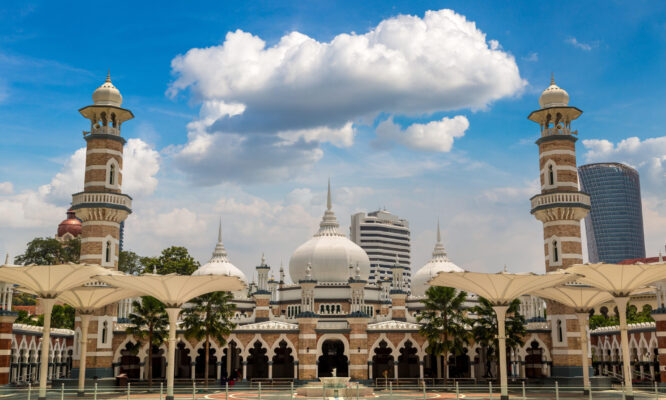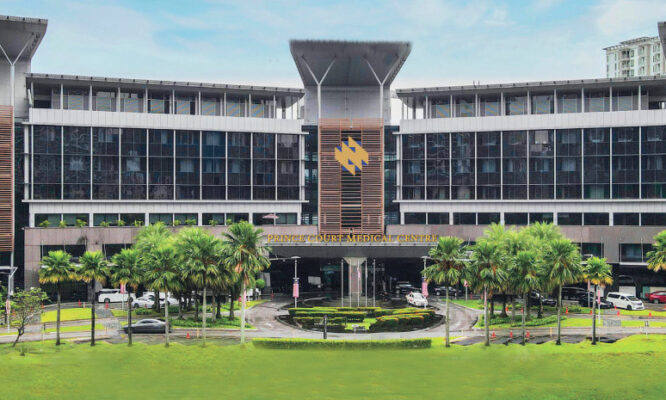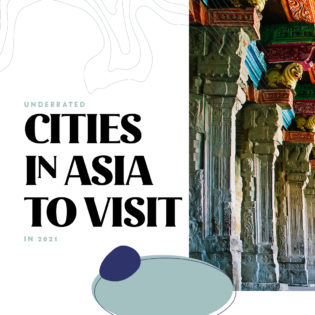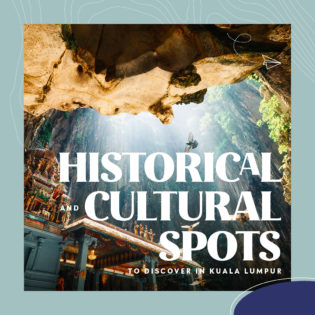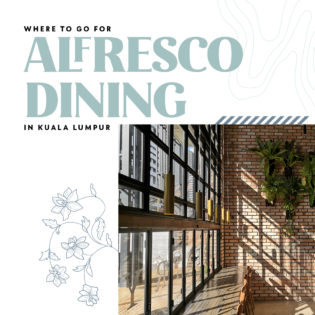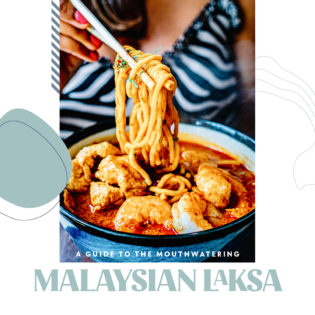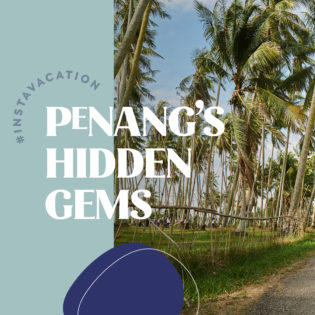Saidah Rastam, composer, historian and author, speaks about preserving Malaysia’s rich musical legacy
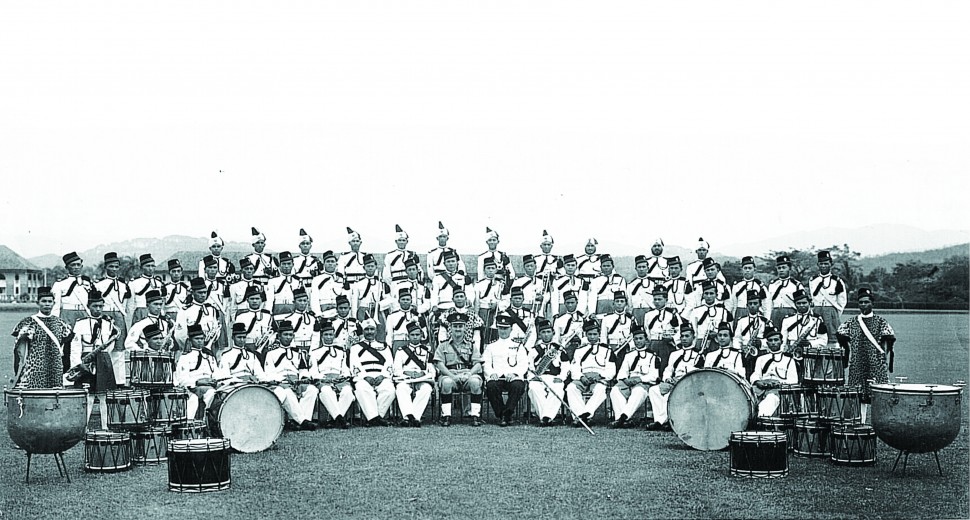
Eyeing the hardcover 302-pager that literally weighed a brick – “homework” for my article – I predicted to my husband, “This might be a slog.”
By the last chapter, I had radically changed my tune about Rosalie and Other Love Songs. “Did you know about the Sabapathy Orchestra, a Perakian family who staged two-hour concerts to entertain the townsfolk? Or that Perajurit Tanahair, which I sang in my school choir, was once part of psychological warfare? Or that our country’s police band was so well-esteemed it toured Scotland and England for 14 weeks?”
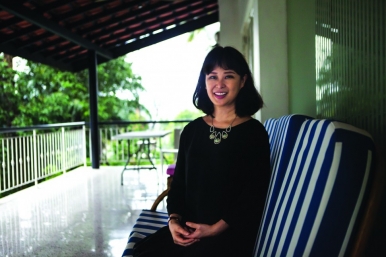
Saidah Rastam discovered a goldmine of untold stories while working on a research project about Malaysia’s music history. They became fodder for her book, which was eventually published by Malaysia’s sovereign fund Khazanah Nasional Berhad in 2014. Rosalie was hailed as “the single most important volume written so far on Malaysian musical history” by His Highness Tunku Abidin Muhriz of Negri Sembilan.
Much attention centred on Saidah’s meticulous coverage of the history and origins of Negaraku, Malaysia’s national anthem, but its value is much more than that. Gleaned from interviews with music veterans, archives and recordings from the collections of musical families, Saidah’s charming, empathetic accounts of the people who contributed to our musical heritage give precious insight into the creation of the multicultural Malaysian identity as we know it today.
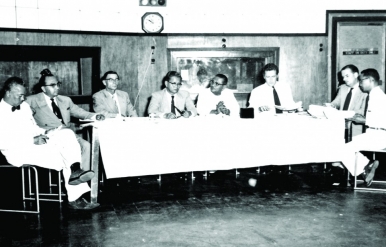
Saidah’s passion for music was planted by her mother Datin Rafiah Eusoff, who would croon ditties from musicals and play classical music at home. Saidah dreamt of becoming a concert pianist, but like an obedient Asian child, she read law at her parents’ behest. Eventually her true calling asserted itself. In 1996, she left her law firm to become a full-time professional musician.
Possibly making up for lost time, Saidah has had an astonishingly prolific output. In between writing music for theatre, film, dance and television, for gamelan, orchestras and electronica, she managed to serve as founding member and director of The Instant Cafe Theatre, lawyer thespian group The Reluctant Performers and gamelan group Rhythm In Bronze.
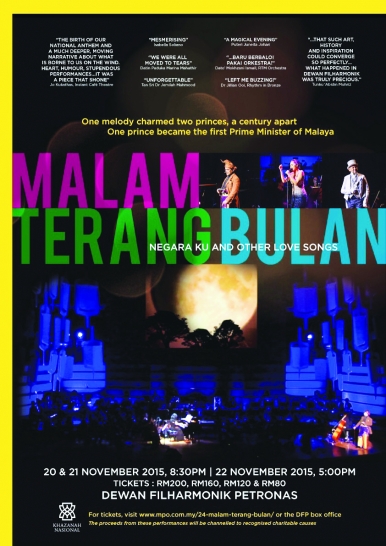
Her music is often cross-cultural: she combined Malay poetry and western classical voices in Lapangan Ya-ya-ya; traditional Chinese instruments and Malay gamelan in Keras Bila Dipadu; and Malay traditional instruments and asli singing with a Western orchestra in 2006’s critically acclaimed M! the Opera. Her work as music director of large-scale theatre and events includes Cabaret at Singapore’s Esplanade Theatre, and for the launch of the Petronas Twin Towers.
Her prodigious output looks great on paper, but make no mistake, the early days were sobering. In a radio interview, she shared this anecdote: “As a lawyer you get invited to five-star hotel functions. The first month that I was a musician, we went to a hotel to do a gig. Waiting to do it, I sat down at the round table and a waiter told me I had walked in through the wrong entrance – I should have walked in through the kitchen. Kena halau! (I got chased away!)”
Not much, it seems, has changed since the old days when musicians were enjoyed but rarely respected. Malaysia’s legendary artist Tan Sri P. Ramlee, for example, died practically penniless, with accolades only heaped on him after his death. He was not alone.
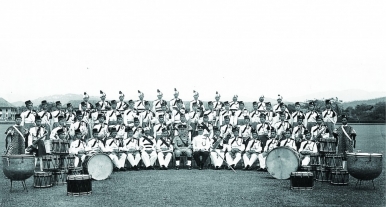
Hoping to change this attitude of neglect, Saidah has shifted her attention from music writing to research and advocacy work. In talks she gives around the country on the nation’s musical legacy, it’s not uncommon for attendees to be moved to tears as they sing patriotic songs and are reminded of their deep connection to Malaysia.
If nothing else, Saidah hopes that her work will motivate others to “look in your cupboards, speak to veterans you know” to uncover more hidden gems.
“I once thought P. Ramlee stood alone, a giant in a field of midgets,” she confessed. “Not so. There were other composers who created superb music, such as Saiful Bahri and his patriotic songs, Jimmy Boyle and his jazzy ballads, and Johar Bahar’s keroncongs. Astounding recordings were captured of bellowing seladang (wild oxen) and singing windmills in Semalai villages which warded off ghosts. How rich we were.”
Saidah Rastam is currently working on Melaka In Fact, a project which investigates an evidence-based, outward-looking history of Melaka state beyond flying krises and Hang Tuah, the state’s legendary 15th-century warrior.
Rosalie and Other Love Songs and its Malay version Rosalie dan Lagu-lagu Chinta will be available from Gerakbudaya Books beginning November 2017.
